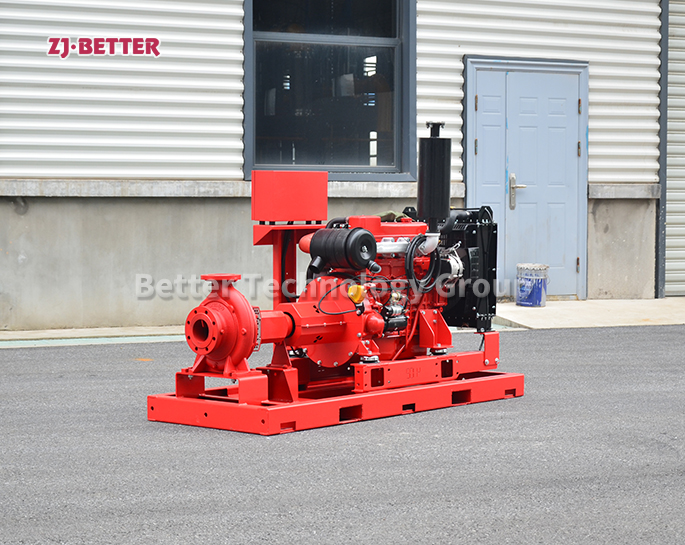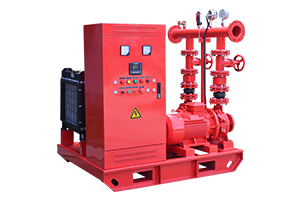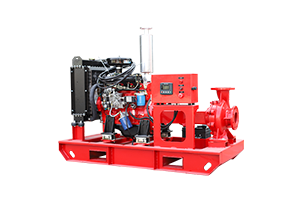Which Fire Pump System Is Easiest to Maintain?
Nov 28, 2024
Share:
The ease of maintaining a fire pump system depends on several factors, including the pump type, the installation environment, and the maintenance procedures in place. Here’s an overview of fire pump systems and their relative ease of maintenance:

1. Electric Fire Pump Systems (Easiest to Maintain)
- Advantages:
- Simpler design with fewer moving parts compared to diesel pumps.
- No need for fuel storage or regular fuel quality checks.
- Starts quickly and reliably without extensive warm-up procedures.
- Requires less frequent maintenance and no oil changes.
- Maintenance Needs:
- Regular checks on electrical connections and motor function.
- Periodic inspection of the controller and testing per NFPA standards.
2. Diesel Engine Fire Pump Systems (Moderate Maintenance)
- Advantages:
- Independent of an electrical power supply, making it ideal for areas with unreliable electricity.
- Provides robust performance in emergencies.
- Challenges:
- Requires more maintenance due to the complexity of the engine.
- Fuel system maintenance includes monitoring fuel quality, checking for contamination, and maintaining fuel storage systems.
- Regular oil and filter changes, battery inspections, and cooling system checks are necessary.
- Maintenance Needs:
- Scheduled engine runs to ensure functionality.
- Compliance with NFPA25 guidelines for engine inspection and service.
3. Jockey Pumps (Minimal Maintenance)
- Role: Jockey pumps maintain system pressure and prevent the main fire pump from unnecessary starts.
- Advantages:
- Small and simple in design.
- Requires minimal maintenance compared to the main fire pump.
- Maintenance Needs:
- Checking seals and impellers for wear.
- Ensuring pressure switches and settings are accurate.
Choosing the Right System
If ease of maintenance is your priority:
- Go for an electric fire pump system if you have reliable access to a power supply.
- If your application necessitates an independent power source, be prepared for the higher maintenance needs of a diesel engine system.
- Ensure regular inspections and testing regardless of the type, as compliance with NFPA 20 and 25 standards is essential for safety and reliability.






